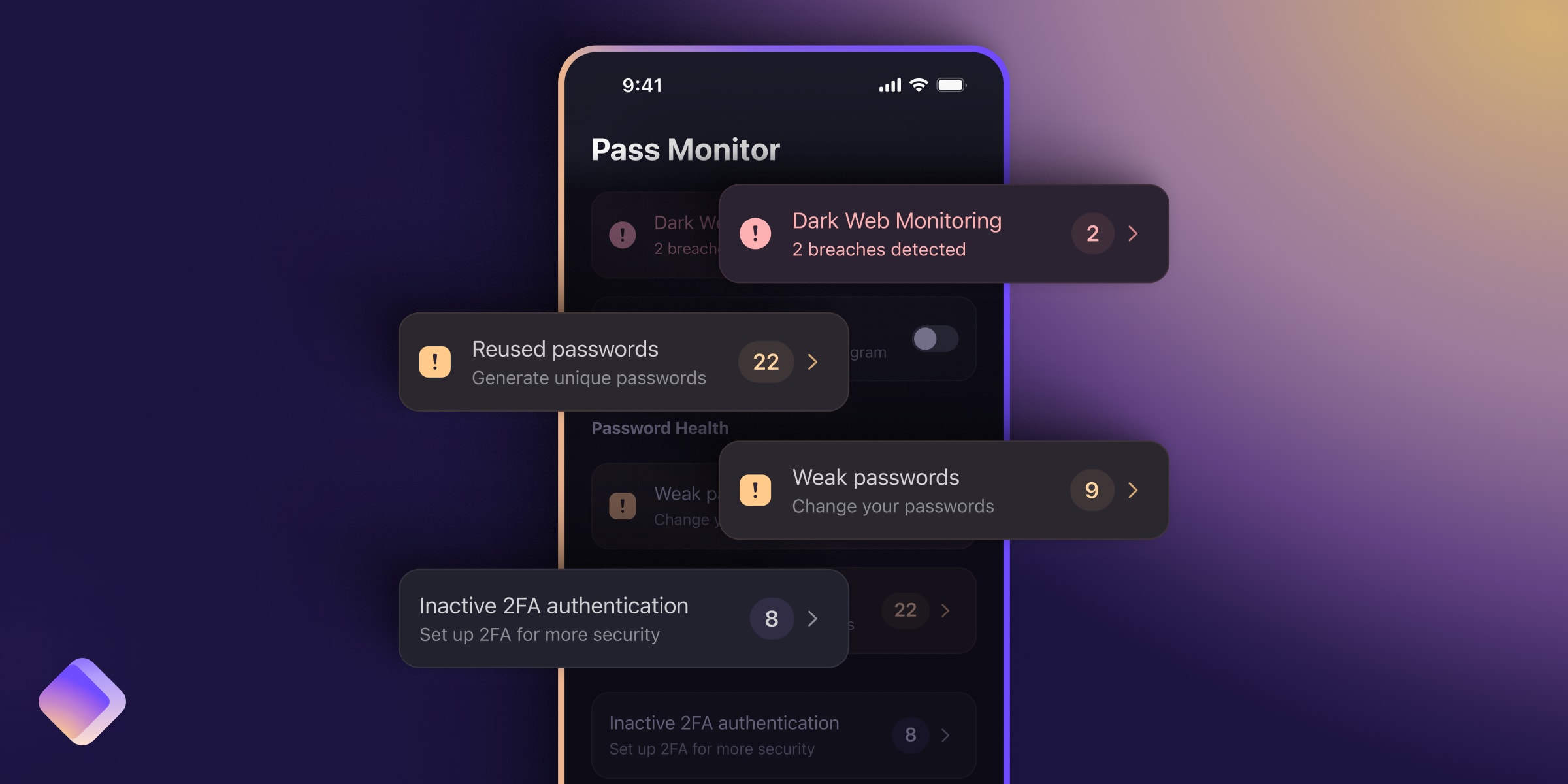We are proud and humbled to announce that Sir Tim Berners-Lee, a fellow former scientist from the European Organization for Nuclear Research (CERN) and the inventor of the World Wide Web, will be joining Proton’s advisory board.
Our vision is to build an internet where privacy is the default by creating an ecosystem of services accessible to everyone, everywhere, every day. It is what drives everything we do, from our development of transparent and encrypted services to our advocacy for better data protection laws.
Our products provide a viable choice so that people don’t have to compromise their privacy on the internet. Our first product, Proton Mail, is now the world’s largest encrypted email service, and subsequent products, such as Proton VPN(new window), Proton Calendar(new window), and Proton Drive(new window), leverage the same advanced encryption that gives our users a choice over how and with whom their data is shared.
The desire to create an internet that serves the interests of all people is shared by Sir Tim, who has worked for over 30 years to make the web safer, empowering, and truly for everyone. After inventing the World Wide Web in 1989, Sir Tim founded the World Wide Web Consortium(new window) in 1994 to ensure accessible, international, private, and secure web standards. More recently, through his work with the World Wide Web Foundation(new window), which he co-founded in 2009, and its Contract for the Web(new window), Sir Tim has advocated for the establishment of universal internet data protections and greater internet accessibility.
Having Sir Tim join our advisory board is a nod to our shared past at CERN, where we conceived the initial idea for Proton Mail, and our future. When Sir Tim invented the World Wide Web, he created a new medium through which people could connect with each other. It changed the world. We have a similarly audacious goal: We want to create an internet where people are in control of their information at all times. This makes Sir Tim uniquely suited to understanding Proton and advising us as we try to realize this ambitious vision.
“I’m delighted to join Proton’s advisory board and support Proton on their journey. I am a firm supporter of privacy, and Proton’s values to give people control of their data are closely aligned to my vision of the web at its full potential,” said Sir Tim.
Over 50 million people worldwide have signed up for Proton to secure their information and give them control over who can access it. With Sir Tim’s input and advice, Proton looks forward to taking the next step and truly creating an internet where privacy is the default for everyone, everywhere.














